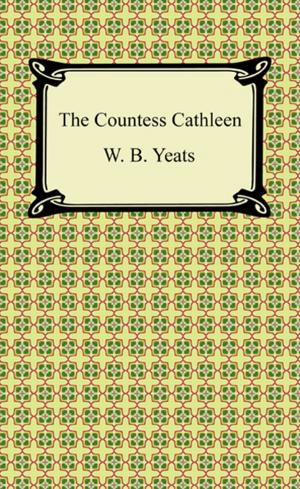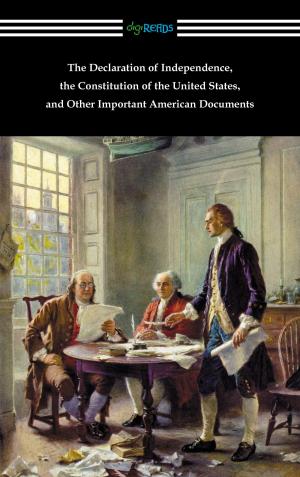| Author: | Henry David Thoreau | ISBN: | 9781420947229 |
| Publisher: | Neeland Media LLC | Publication: | January 1, 2013 |
| Imprint: | Digireads.com Publishing | Language: | English |
| Author: | Henry David Thoreau |
| ISBN: | 9781420947229 |
| Publisher: | Neeland Media LLC |
| Publication: | January 1, 2013 |
| Imprint: | Digireads.com Publishing |
| Language: | English |
Henry David Thoreau was a master of all subjects, though he is best known for his work and belief in transcendentalism. His writings are all extremely personal and are examples of natural observations in the real world. Thoreau believed in the rights of all humans, and he believed that humans should retreat back to nature in order to return to the natural order of the world. In "Walden," Thoreau recounts a time period living in a man-made cabin near Walden Pond in Massachusetts. The thinker desired to clear his mind of the structured social order and instead gain perspective about himself. He fully believed in being self-sufficient and following the transcendental philosophy. While at Walden Pond, Thoreau made a discovery about his opinions on the government, which he detailed in "Civil Disobedience." He believed that the people should be wary of governmental control, regardless of how well-intentioned its decisions are. These thoughts were inspired by Thoreau's hatred of slavery around the world, as well as the problems associated with the Mexican-American War. Thoreau believed that the people should not pay taxes if they disagree with something that they believe is wrong. These individuals were paying for slavery and a war that they did not agree with, and paying taxes was acquiescence to the government's full control. "Walden and Civil Disobedience" is a highly intelligent text written by one of America's most prolific writers, and both essays are classics in the American literature canon.
Henry David Thoreau was a master of all subjects, though he is best known for his work and belief in transcendentalism. His writings are all extremely personal and are examples of natural observations in the real world. Thoreau believed in the rights of all humans, and he believed that humans should retreat back to nature in order to return to the natural order of the world. In "Walden," Thoreau recounts a time period living in a man-made cabin near Walden Pond in Massachusetts. The thinker desired to clear his mind of the structured social order and instead gain perspective about himself. He fully believed in being self-sufficient and following the transcendental philosophy. While at Walden Pond, Thoreau made a discovery about his opinions on the government, which he detailed in "Civil Disobedience." He believed that the people should be wary of governmental control, regardless of how well-intentioned its decisions are. These thoughts were inspired by Thoreau's hatred of slavery around the world, as well as the problems associated with the Mexican-American War. Thoreau believed that the people should not pay taxes if they disagree with something that they believe is wrong. These individuals were paying for slavery and a war that they did not agree with, and paying taxes was acquiescence to the government's full control. "Walden and Civil Disobedience" is a highly intelligent text written by one of America's most prolific writers, and both essays are classics in the American literature canon.















